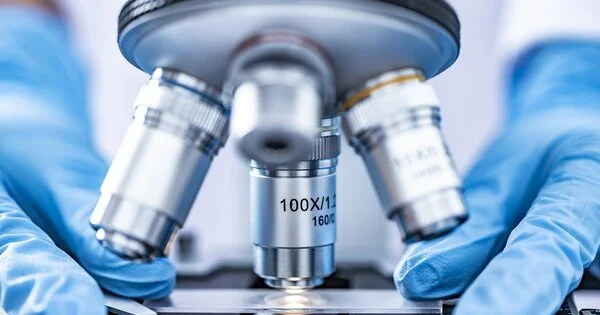Cancer Cachexia is a progressive disorder marked by loss of body weight, fat, and muscle. Cachexia causes metabolic disruptions that are both similar and dissimilar to those seen in cancer, obscuring both diagnosis and treatment options. As systemic mediators of cancer-induced muscle wasting, inflammation, hypogonadism, and physical inactivity are all being studied.
According to UTHealth Houston research, targeting a specific enzyme in the muscle could help cancer patients preserve muscle mass and potentially prolong their survival. Yi-Ping Li, Ph.D., professor in the Department of Integrative Biology and Pharmacology at McGovern Medical School at UTHealth Houston, led a study that discovered UBR2, an enzyme, plays a critical role in cancer-induced muscle wasting, also known as cancer cachexia.
The results were published today in the scientific journal PNAS.
The findings will fill a key gap in understanding how cancer causes muscle mass and function loss. Cancer cachexia is a complication developed in the late stages of cancer in roughly 60% of all cancer patients. Cachexia patients waste away by losing body weight, primarily due to progressive loss of muscle mass, causing respiratory and heart failure.
Yi-Ping Li
“The findings will fill a key gap in understanding how cancer causes muscle mass and function loss,” said Li, senior author of the study and a faculty member with The University of Texas MD Anderson Cancer Center UTHealth Houston Graduate School of Biomedical Sciences.
Cancer cachexia is a complication developed in the late stages of cancer in roughly 60% of all cancer patients. Cachexia patients waste away by losing body weight, primarily due to progressive loss of muscle mass, causing respiratory and heart failure. Approximately 30% of all cancer patients die of cachexia, making the complication a major determinant of cancer survival.

Historically, there has been no treatment of cancer cachexia due to poor understanding of its origins. Therefore, a key focus of Li’s lab over the past two decades has been to decipher the molecular mechanisms through which cancer causes cachexia.
Building upon a series of discoveries in mice, his lab recently identified the role of the enzyme UBR2. This is the key enzyme in muscle that seeks out subtypes of the contractile protein myosin heavy chain, a critical component for sustaining muscle contraction, for destruction in response to cancer.
Cancer causes an increase of UBR2 in muscle, and blocking the increase of or removing UBR2 spares mice from tumor-caused muscle mass and function loss. By examining the muscle of cancer patients, researchers obtained evidence that UBR2 is increased, which is associated with loss of the specific subtype of myosin heavy chain preferentially lost in cachexia.
Li said this discovery is significant for the future of cancer cachexia therapy. “We have learned in animal studies that muscle wasting in cancer hosts can be ameliorated by blocking UBR2 increase through repurposing some existing drugs,” he said. “Based on the findings, we plan to conduct clinical trials for the therapy of cancer cachexia.”





